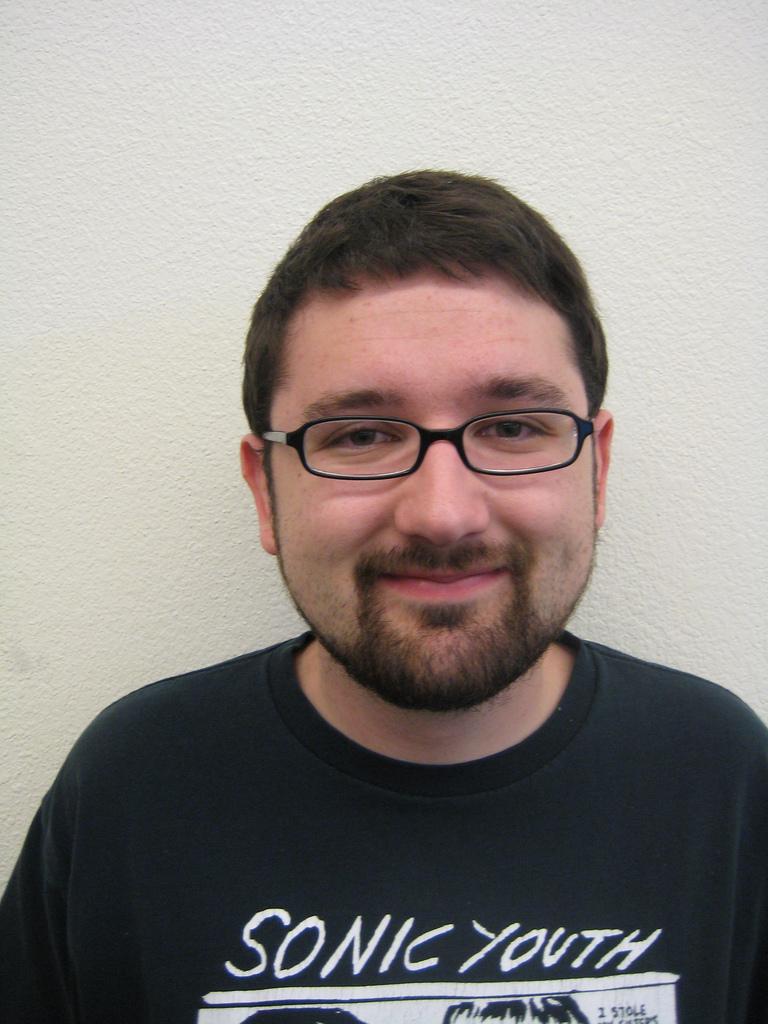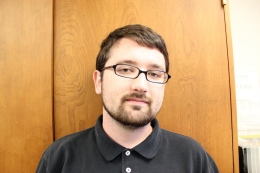Two years ago, I took a test in a psychology class that would determine whether I was an extrovert or an introvert. According to the test, I was the most introverted student in the class by a decent amount. In addition, in a class of about 30 students, only five displayed introverted qualities.
I wasn’t surprised to discover that I was an introvert, as I have always tended to avoid social situations. For example, I’ve only met a few people at DVC who I would spend time with outside of school and for the most part I’ve stuck to my friends from high school.
At the time, however, I was shocked that so many people in my class were extroverted. Upon reflection, this isn’t surprising because college is oriented towards the extrovert: volunteering opinions in seminar, asking questions in math, group study sessions.
Because of my social nature, Time Magazine’s recent cover story on introversion caught my eye. The article, written by Bryan Walsh, begins by defining that introversion is not shyness, as shyness is a fear of being socially judged while introversion is just a disinterest in social situations.
The article is mostly about the benefits of introverted people. Walsh quotes a study done by Florida State University’s K. Anders Ericsson which notes that introverts are better at training in solitude, which allows for masterful skill at things such as music performance, athleticism, and college exams.
In addition, Susan Cain, the author of the recently released book on introversion named “Quiet: The Power of Introverts in a World that Cannot Stop Talking” noted in an essay published on Time’s website that introverts are more aware of their environments, which leads to more academic and artistic success: “It’s no accident that introverts […] win a disproportionate number of Phi Beta Kappa keys and National Merit Scholarship finalist positions — even though their IQ scores are no higher.”
According to Walsh,” some estimates” placed 30 percent of people as introverts. This means that my psychology class, in which 17 percent of the students were introverts, was rather unusual.
While I’m less introverted nowadays thanks to working at this paper, I still have a message for all the introverts at DVC: While you may not get the lover or the fame, you’re likely going to get the academic or artistic success, and that’s what matters.
My name is John Kesler, I am an introvert, and I am proud.






































































